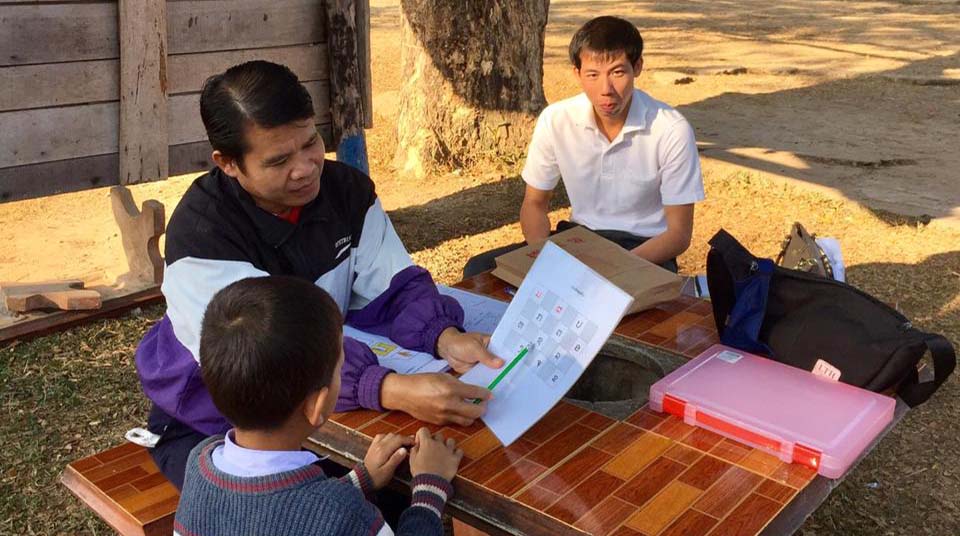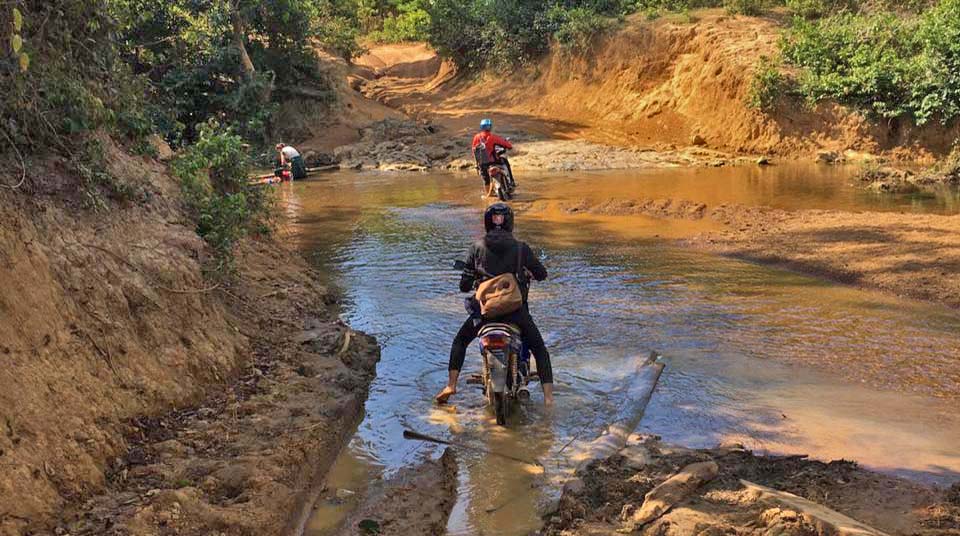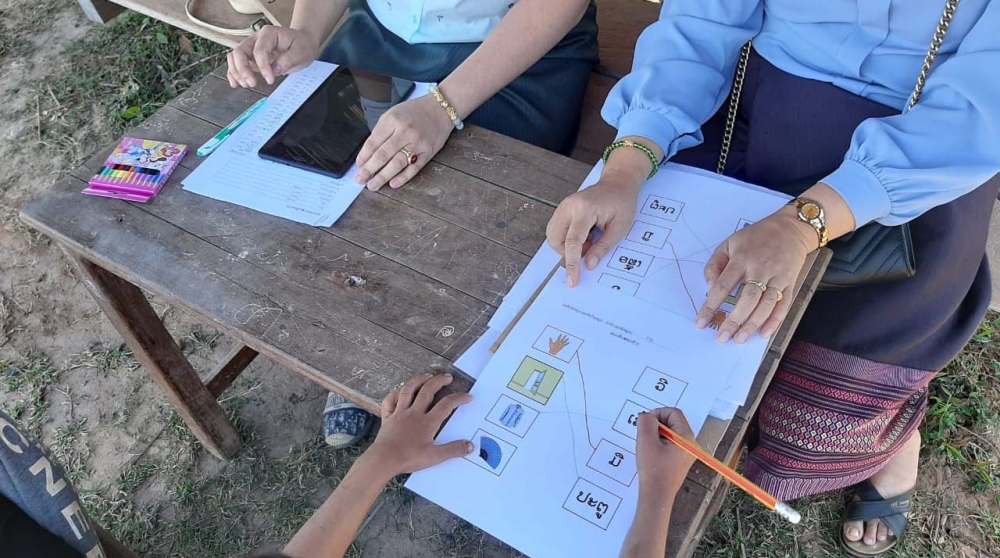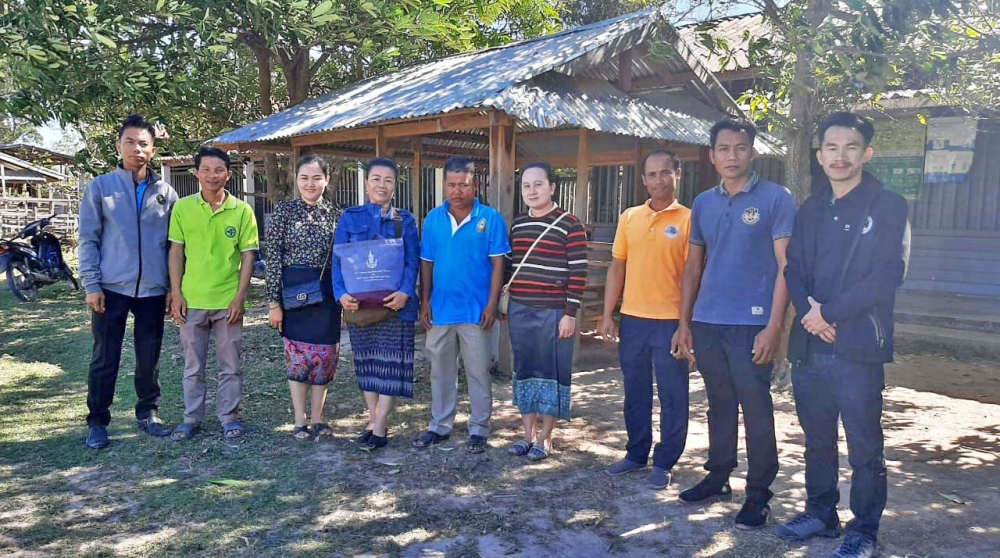Grade 1 students from non-Lao speaking backgrounds will receive up to an additional hour of instructions a day to improve their ability to read and write Lao language
Nationwide primary schools’ closures in response to COVID-19 pandemic prevented the completion of the spoken Lao Pilot (SLP) activities and assessment as planned in the school year 2019-2020. The Ministry of Education and Sports and Australia through the Basic Education and Quality Access program in Lao (BEQUAL) decided to re-launch the pilot in September 2020 with minor design changes based on lessons learned from the first year of piloting.
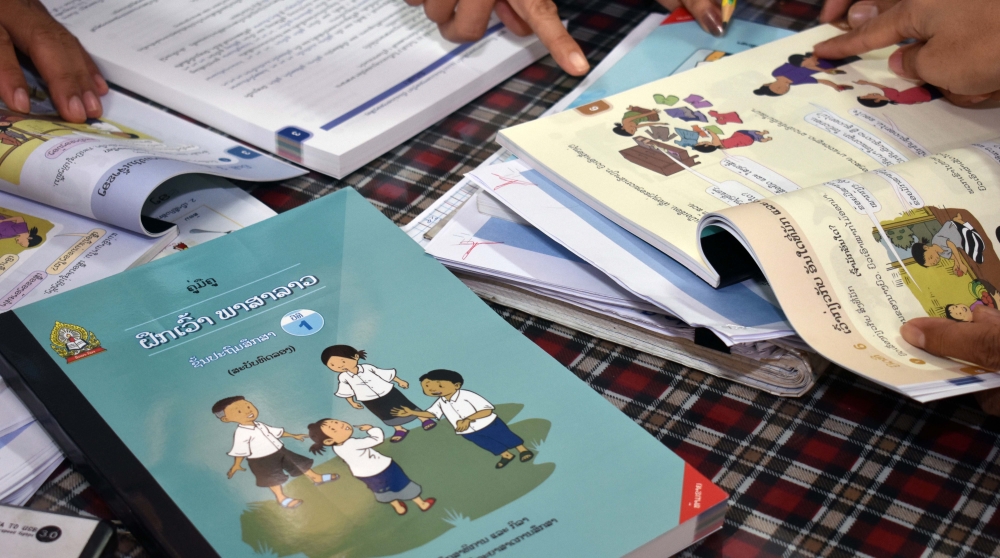
The pilot is being implemented in 10 treatment schools and 10 control schools in each of the four provinces of Phongsaly, Bolikhamxay, Khammouane and Salavan. Selected schools have a majority of Grade 1 students who start school with no or very little understanding of Lao Language. The participating teachers and district pedagogical advisors received a 2-day training in how to teach spoken lao lessons, and specific textbooks and teacher guides. The teachers will provide one hour of Spoken Lao three to five times a week to support and reinforce the content of the daily two hours of Lao Language lessons in the national primary curriculum. During the year, pedagogical advisors will support the teachers to monitor progress and address issues arising.
Last month, 16 enumerators from the Research Institute of Educational Sciences traveled to the selected schools to administer a specially designed “Early Grade Lao Language Assessment” (EGLA) test to all the Grade 1 children in the pilot schools This baseline assessment will establish the children’s level of Lao language competency at the start of the pilot. The EGLA is a 15-20-minute test and was given to up to 15 Grade 1 students in each of the treatment and control schools. The enumerators chose quiet areas, often a table under the shade of a tree, to conduct the test with individual students in a relaxing non stressful atmosphere. Grade 5 students who speak the first language of the Grade 1 children helped to accompany the Grade 1 students and translate instructions if needed. It is important to reduce the stress for children during the test to ensure they are able to do their best on the test.
The EGLA test was recorded using tablets and Kobo software, which enabled efficient data collection and reduced the amount of paper and stationeries the teams had to travel with. The RIES enumerators received support from the Provincial Education and Sports Services, the District Education and Sports Bureaus and the BEQUAL curriculum and monitoring teams to organize and plan their visits. They experienced the challenges of reaching remote rural schools with difficult road access. They had to travel on muddy roads, cross rivers by boat and adjust their travel schedule to the weather conditions.
A second round of EGLA tests will be administered in April 2021 to assess whether the Spoken Lao program is effective. If the pilot produces positive results, options for expanding the spoken lao approach to more schools will be developed by RIES with BEQUAL support.
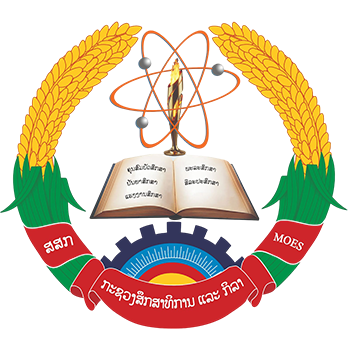


 ພາສາລາວ
ພາສາລາວ
